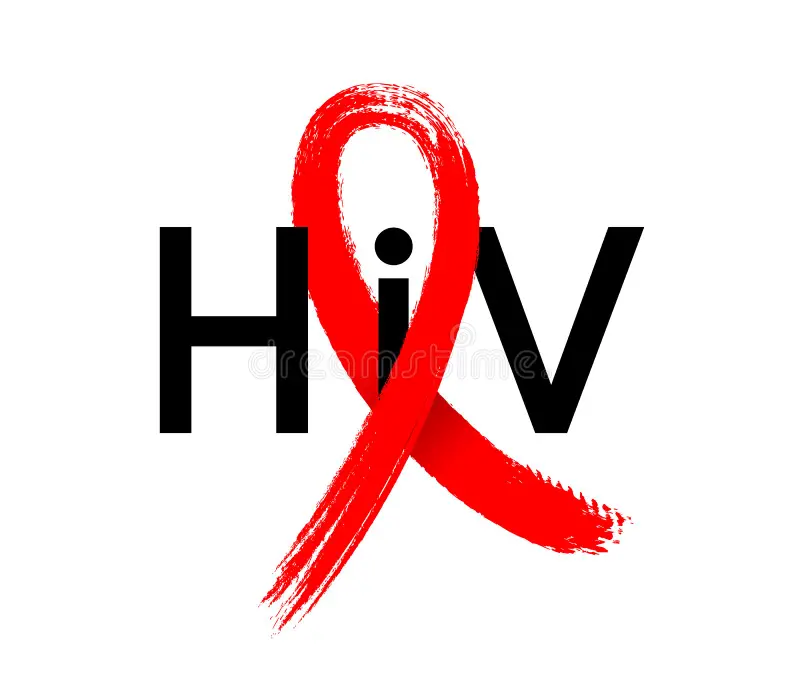HEALTH

USING THE ABOVE KINDLY KINDLY GIVE ME A BLOG/NEWS HEADLINE(SIMPLE & RELATABLE),BLOG ARTICLE (REFURBISHED IN A CLEAR, ENGAGING LANGUAGE)
The World Health Organization (WHO) has recommended a new HIV prevention option that could change the game for millions: a twice-a-year injection called lenacapavir.
The announcement, made at the International AIDS Conference in Kigali, Rwanda, comes after the drug was recently approved in the U.S.
for preventing HIV. Studies show that lenacapavir, given every six months, can almost completely protect people from getting the virus. This makes it especially attractive for people who find it hard to take daily pills or visit clinics often.
Dr. Meg Doherty, who leads WHO’s HIV programs, said, “This long-acting shot gives us another powerful choice to help stop HIV, especially in places with high infection rates and for people most at risk.” WHO also recommended using quick HIV tests — including at-home kits — for people starting or continuing this type of HIV prevention.
Why it matters:
Globally, around 40 million people were living with HIV by the end of 2023. Without treatment, HIV weakens the immune system and can lead to AIDS. For years, daily pills and two-monthly injections have been the main ways to prevent infection. Now, lenacapavir offers a simpler alternative — just two shots a year.
But there’s a problem: funding for global HIV programs is under threat.
About 80% of HIV prevention work in low- and middle-income countries depends on international aid. Recently, the U.S. pulled back billions in funding through its PEPFAR program — the biggest effort by any country to fight a single disease. Without replacement money, experts warn that millions more people could die or become newly infected by 2029.
The UN says 25 countries plan to spend more of their own budgets on HIV next year. Still, it’s unlikely to be enough. “If none of the lost PEPFAR funding is replaced, we could see an extra 4 million deaths and 6 million new infections in just four years,” warned Mary Mahy of UNAIDS.
A glimmer of hope:
The maker of lenacapavir, Gilead Sciences, has agreed to provide the drug at no profit to poorer countries through a deal with the Global Fund. This means up to 2 million people could get the shots before cheaper generic versions arrive.
Peter Sands, head of the Global Fund, summed it up: “This is a pivotal moment. We have a tool that can change the course of HIV — but only if the world steps up with the money needed to reach those most at risk.”
In short, while a twice-yearly shot could help end HIV as a major health threat, the real challenge now is making sure people everywhere can access it — before funding cuts reverse decades of progress.
Ask ChatGPT
"This represents a significant development in our ongoing coverage of current events."— Editorial Board









